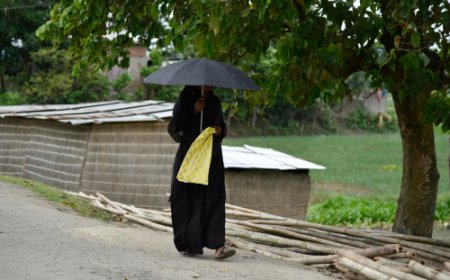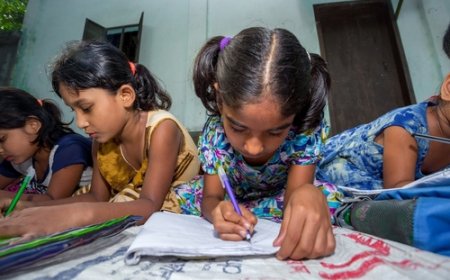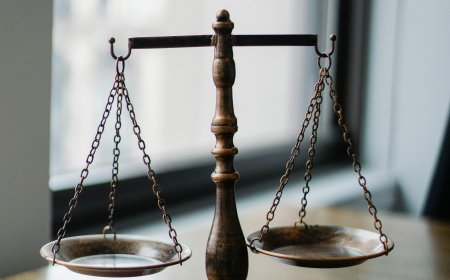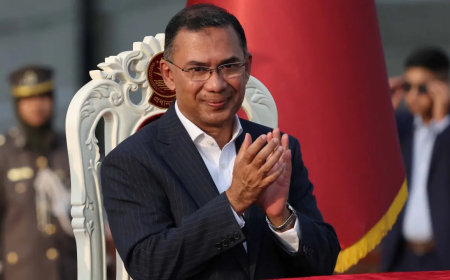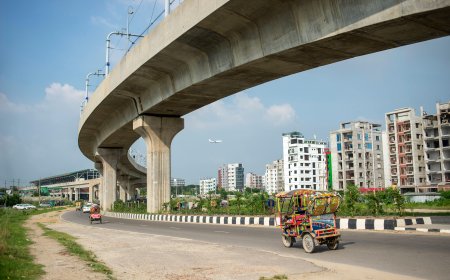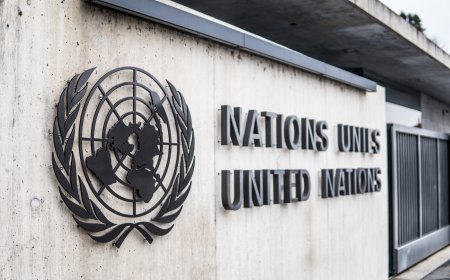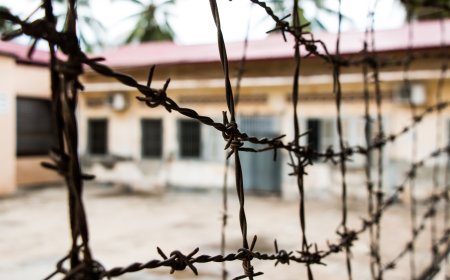What Should We Make of the Amnesty Statement?
Amnesty concerns about cross-examination, defense preparation time, and structural weaknesses merit careful scrutiny. We must not dismiss them. However, they also need to be understood within context.

Amnesty International has every right to oppose the death penalty. They oppose it in the United States, in India, in Japan, everywhere. That is their institutional norm.
It is therefore important to distinguish their global opposition to capital punishment from their assessment of the specific judicial process in this case.
People often conflate the sentence with the process. Amnesty’s rejection of the death penalty does not automatically establish that the entire trial was illegitimate. Accountability for mass murder cannot be dismissed simply because an organization objects to the punishment framework.
Sentencing can be debated, and should be debated, in any rights-respecting society. But what is beyond debate is that Bangladesh witnessed one of the most extensive episodes of state violence since 1971. Justice cannot be indefinitely deferred.
Fair trial standards matter deeply, including in this case. But we must also guard against the assumption that any accountability process involving a powerful former head of government is inherently “unfair.”
That assumption creates an impossible standard that those who capture and corrupt institutions can never be held accountable until those same institutions are somehow perfectly rebuilt.
This is not an argument for lowering standards. Rather, it is an acknowledgment of a fundamental dilemma in transitional justice. If we require perfect institutions before we pursue accountability, then those who destroyed the institutions will never face justice.
The concerns Amnesty International has raised about cross-examination, defence preparation time, and structural weaknesses deserve careful scrutiny. We must not dismiss these concerns.
However, they also need to be understood within context. Many of these constraints are legacies of the very regime that is now facing accountability. The Supreme Court precedents limiting certain forms of cross-examination and the institutional weaknesses Amnesty cites were created, entrenched or upheld during the last regime.
Transitional justice is always uncomfortable. It involves pursuing accountability while repairing institutions that were deliberately weakened.
Our responsibility now is to walk that difficult path of ensuring justice for the victims of July Revolution, while strengthening the legal system.
Khaled Saifullah is Joint Convener, National Citizen Party.
What's Your Reaction?













